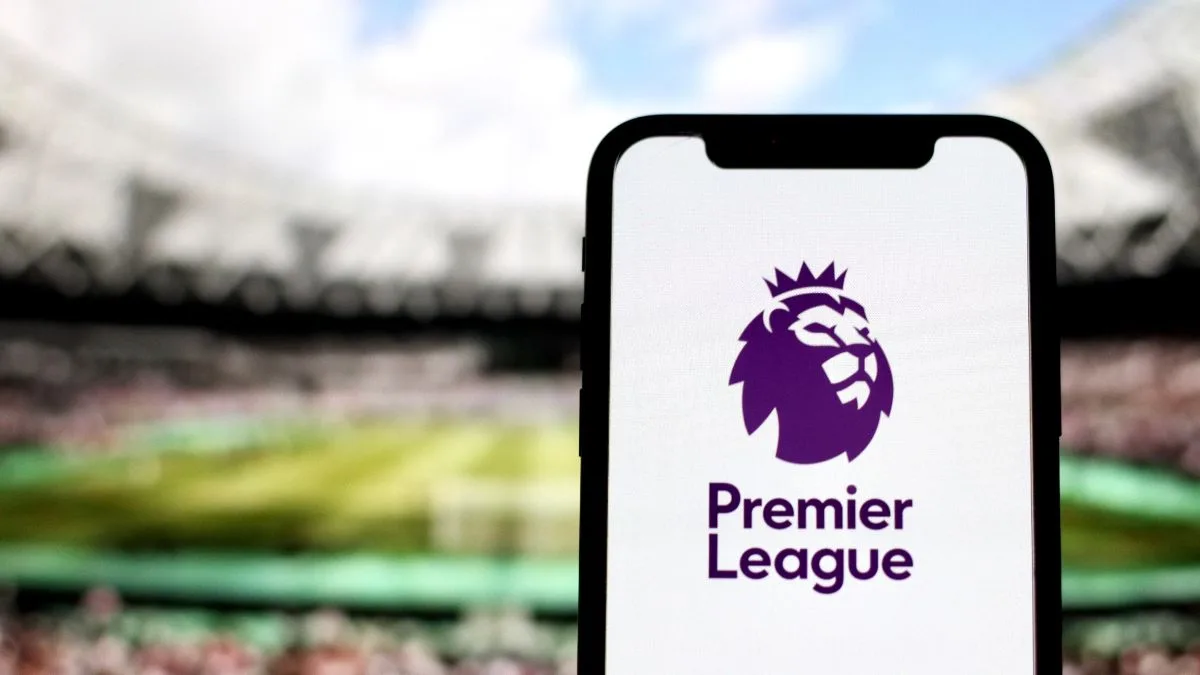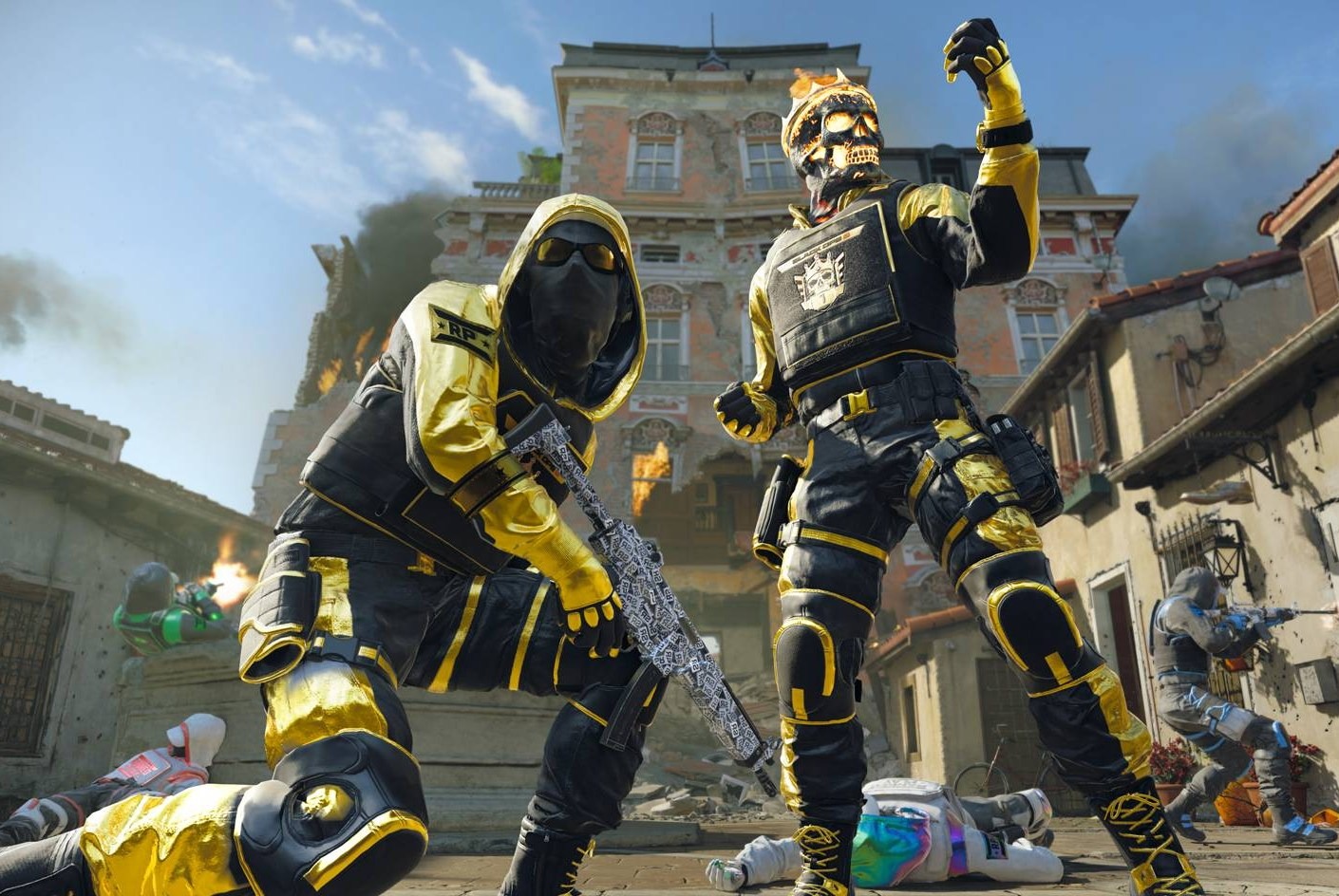In today’s digital era, multiplayer games have evolved far beyond simple entertainment. They have become complex social platforms where players interact, strategize, and collaborate in real time with teammates from around the world. Far from being isolated or purely recreational, these games provide unique environments for developing social and communication skills. Whether coordinating a fast-paced battle, solving intricate in-game challenges, or negotiating team strategies, players learn how to communicate clearly, listen actively, and work together toward a common goal. Beyond the virtual world, the lessons learned—teamwork, empathy, conflict resolution, and leadership—can translate into real-life situations, from school projects to workplace collaboration. In this article, we will explore how multiplayer gaming can sharpen social abilities and enhance team communication, proving that gaming can be both fun and socially enriching.
Multiplayer games are digital platforms that allow multiple players to interact, compete, and collaborate in real time. Unlike single-player games, where the focus is solely on an individual’s progress, multiplayer games create dynamic social environments that require communication, coordination, and teamwork. These games come in various forms, from cooperative adventures and massively multiplayer online role-playing games (MMORPGs) to competitive shooters and battle royale titles.
Players often assume different roles within a team, each contributing unique skills or strategies to achieve shared objectives. This collaborative aspect not only enhances engagement but also encourages players to develop essential social skills, such as clear communication, problem-solving, and conflict resolution.
For those interested in extending their multiplayer experience beyond traditional video games, platforms like 1xbet online offer opportunities to engage in competitive online challenges and interactive environments, where communication and strategy remain key to success. By understanding the structure and demands of multiplayer games, players can see how these virtual experiences mirror real-world teamwork and social interaction.
Multiplayer games are more than just a source of entertainment—they are powerful tools for developing essential social skills. By interacting with other players in real time, individuals learn how to communicate effectively, collaborate on shared objectives, and navigate complex social situations.
1. Communication Skills
In multiplayer games, clear and concise communication is crucial. Players often use voice or text chat to coordinate strategies, give instructions, or provide feedback. This helps improve the ability to express ideas clearly, listen actively, and respond appropriately—skills that are invaluable both in gaming and real-life interactions.
2. Teamwork and Collaboration
Successful gameplay frequently depends on teamwork. Players must coordinate roles, share responsibilities, and support each other to achieve common goals. Over time, this fosters a sense of collaboration, teaching players how to work effectively within a group setting.
3. Conflict Resolution
Inevitable disagreements can arise during competitive gameplay. Multiplayer environments provide opportunities to practice conflict resolution, negotiation, and compromise in a safe and controlled setting. Learning to manage disagreements respectfully strengthens interpersonal skills.
4. Leadership and Initiative
Many games allow players to take on leadership roles, guiding teams or mentoring new members. This encourages decision-making, strategic thinking, and confidence in directing group efforts.
For those looking to enhance their gaming experience while simultaneously developing their social skills, platforms like the 1xbet app offer interactive multiplayer features where communication and teamwork are key to success. By participating in such environments, players not only enjoy the game but also develop skills that can be applied in real-life social interactions. To improve your gaming skills, simply follow the link to 1xbet app download for android.
Multiplayer games do more than teach direct communication and teamwork—they also support cognitive and emotional development, which strengthens social skills in subtle but powerful ways.
Interacting with diverse players exposes individuals to different viewpoints and play styles. Understanding teammates’ strengths, weaknesses, and thought processes encourages empathy and helps players appreciate others’ perspectives—an essential component of strong social skills.
Fast-paced or competitive multiplayer games often present high-pressure situations. Players must manage frustration, excitement, and stress while maintaining composure to make effective decisions. This practice of emotional regulation translates into better control over emotions in real-life interactions.
Many multiplayer games involve complex challenges that require strategic thinking, planning, and quick decision-making. Collaborating with others to solve these problems sharpens cognitive abilities while teaching players how to analyze situations, evaluate options, and work with a team to reach solutions.
Successfully completing missions or achieving goals in a multiplayer setting can boost self-confidence. Feeling competent in social and strategic interactions encourages players to take initiative and participate more actively in both virtual and real-world team activities.
By combining cognitive development with emotional growth, multiplayer games create environments where social skills are honed naturally. Players not only learn how to communicate and cooperate but also how to think strategically, manage emotions, and adapt to dynamic social situations—skills that are invaluable both inside and outside the game.
The social and cognitive skills developed through multiplayer gaming extend far beyond the virtual world, offering tangible benefits in everyday life. In academic settings, students who engage in multiplayer games often bring enhanced teamwork and communication abilities to group projects and classroom discussions. The experience of coordinating roles, negotiating strategies, and resolving conflicts in games helps them manage collaborative tasks more effectively in school. Similarly, in professional environments, the skills acquired through gaming—such as clear communication, strategic thinking, and adaptability—can improve workplace collaboration. Employees accustomed to interacting with diverse teams online may find it easier to navigate meetings, manage projects, and contribute positively to team dynamics.
Multiplayer gaming also enhances social engagement outside of academic or professional contexts. Players develop empathy, patience, and conflict-resolution abilities that improve interpersonal relationships in everyday life, whether in community activities, team sports, or social gatherings. Furthermore, games that allow players to take leadership roles help build confidence and decision-making skills, which are directly applicable to leading teams, managing group tasks, or organizing events offline. Overall, multiplayer gaming acts as a practical training ground, cultivating skills that support both personal growth and social success in real-world situations.




Want to add a comment?